Over the years I’ve talked to thousands of readers about their reading lives. Some come to me because they’re seeking my help to read differently, better, or more; some are delighted with their reading lives and want to tell me why.
In talking to all these readers, I’ve learned that those who are deeply satisfied with their reading lives hold several important things in common, and chief among them is this: they know what they like to read, and they discovered this by tracking their reading.
Keeping a book journal does good things for your reading life. For starters, tracking your reading—that is, jotting down the books you read—gives you a way to examine your reading habits over time.
When you capture your personal reading history in one place you can see habits and patterns that are hard to perceive up close—day by day, or book by book. When you keep a book journal, you can zoom out and see the big picture—and the patterns that emerge will change what you choose to read next.
Your reading log doesn’t lie. If you feel like you’ve been on a roll lately with choosing good books, your reading log can confirm it. If you feel like you’re in a slump, and haven’t been reading much (or much of anything good), your reading log can confirm that, too. If you’re wondering about your mix of fiction and nonfiction, or classics and contemporary, or male and female writers, your reading log has those answers.
When you can’t remember what books you read last month, or which titles you’ve particularly enjoyed lately, no worries—it’s there in your reading log. When a friend asks for a good book recommendation, you can scan through your book journal to see what titles jump out at you.
Do you want to read more? Keeping a book journal will help you do exactly that, because the practice of regularly recording what you read draws your attention to your reading life, everytime you open its pages. Reading will often be on your mind—and it’s a short leap from there to your to-do list.
Start a reading log today, and it will keep you accountable, inspire you to read more, and be just plain fun to have.
It doesn’t have to be complicated. A simple log with the title, author, and dates you read the book will suffice, especially if you’re new to book journaling. Keep this list in a dedicated log or as a page in your daily planner. Maybe you even want to include a star rating, favorite quote, or short review for every title. I’ve learned I don’t need to spend much time or include many details to preserve my reading history far better than my unreliable memory can.
Lots of readers create their own book journals from blank notebooks, but I discovered I’m more likely to actually use the journal if it’s pre-filled and ready for me to write in. (I need all the help I can get!)
I hope you find tracking your reading to be a rewarding experience—and one that sheds light on why you love the books you love.
Happy journaling, and happy reading!
***
Anne Bogel shares her love of all things literary on her popular blog site Modern Mrs Darcy and on her two podcasts, What Should I Read Next? and One Great Book. Anne is the author of several books, including Don’t Overthink It and I’d Rather Be Reading. She and all her books reside in Louisville, Kentucky, sharing space with her husband, four children, and a yellow lab named Disney.
Her latest book, My Reading Life, is filled with lists, tips, and tools to help enrich your literary experiences and make the most out of your limited reading time. Check it out here.

Leave a Reply